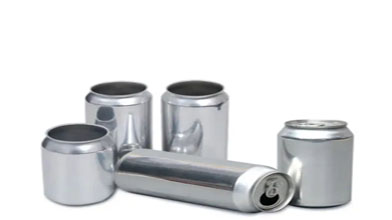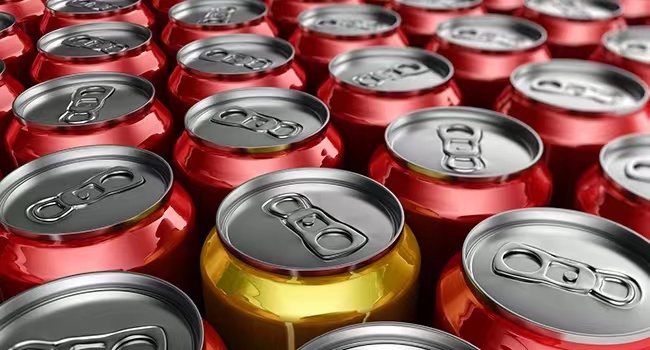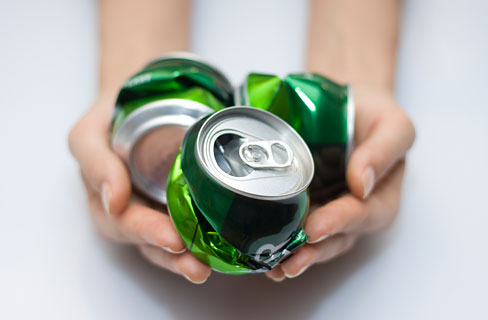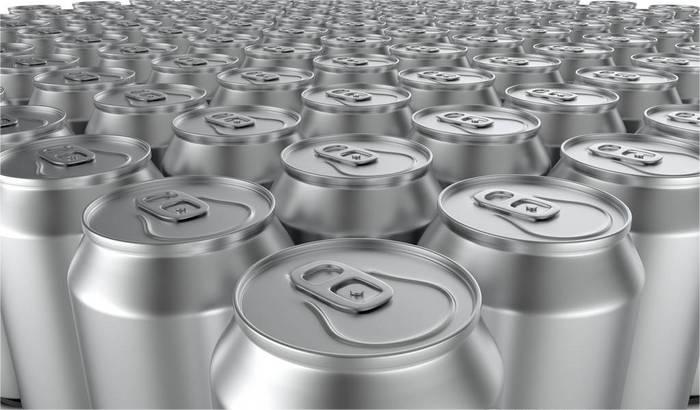Towards a Sustainable Future: Will Aluminum Cans Replace Plastic Cans in Beverage Packaging?
Aug 01, 2023
In an era of increasing awareness about sustainability and environmental concerns, the beverage industry is constantly seeking innovative solutions to reduce its ecological footprint. One of the key debates revolves around the potential replacement of plastic cans with aluminum cans. In this blog, we will explore the prospects of aluminum cans taking over plastic cans in beverage packaging and discuss the implications on the environment and industry.
The Rise of Aluminum Cans:
Aluminum cans have emerged as a sustainable alternative to plastic cans due to several reasons. First and foremost, aluminum cans are highly recyclable. They can be recycled indefinitely without a loss in quality, significantly reducing resource consumption and waste generation. In contrast, plastic cans often end up in landfills or oceans, contributing to the global plastic pollution crisis.
Advantages of Aluminum Cans:
Recycling Efficiency:
The recycling process of aluminum cans is efficient and well-established. Aluminum recycling requires less energy compared to producing new aluminum, making it an environmentally friendly choice.
Environmental Impact:
Aluminum cans have a smaller ecological footprint compared to plastic cans. The production and disposal of aluminum cans result in reduced greenhouse gas emissions and pollution levels, minimizing their impact on ecosystems.
Consumer Expectations:
Increasingly, consumers are demanding sustainable and eco-friendly packaging options. Aluminum cans align with these expectations, providing environmentally conscious consumers with a choice that aligns with their values.
Challenges and Considerations:
While the shift towards aluminum cans seems promising, it is essential to consider the various challenges that exist.
Cost Considerations:
Aluminum cans can be more expensive to produce compared to plastic cans, primarily due to the price of aluminum and its manufacturing processes. However, with advancements in technology and economies of scale, this cost difference could potentially diminish.
Energy Consumption:
The production of aluminum requires substantial energy inputs. Efficient energy management strategies and the increasing use of renewable energy sources could help mitigate this concern.
Specific Use Cases:
Plastic cans, with their lightweight and shatterproof properties, possess advantages in certain applications. For instance, in situations that require portability or resilience to breakage, plastic cans may still enjoy a competitive edge.
In the pursuit of a sustainable future, the beverage industry is witnessing a growing interest in the potential replacement of plastic cans with aluminum cans. The favorable characteristics of aluminum cans, such as recyclability and reduced environmental impact, make them a compelling choice. However, challenges related to cost, energy consumption, and specific use cases highlight the need for comprehensive evaluation and collective efforts from industry stakeholders, consumers, and policymakers.
As we move forward, it is crucial that we prioritize sustainability, making informed decisions to strike a balance between ecological considerations, consumer demands, and economic viability. The transition towards aluminum cans in the beverage industry holds great potential, signaling a positive step towards a greener and more responsible future.




